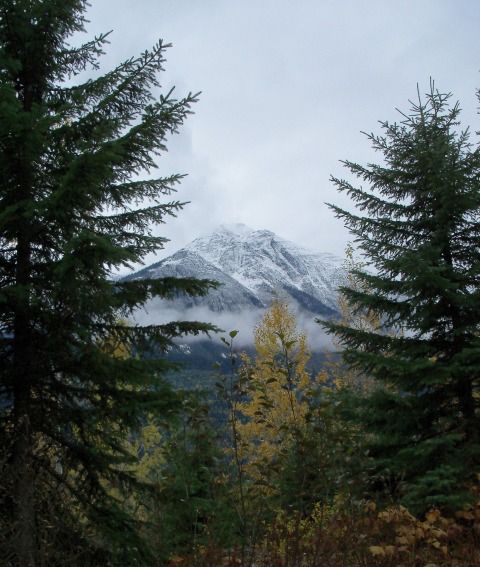Recta Prospector in a steel case, Brunton Eclipse 8066. Even an electric compass built into the rear view mirror of my 3/4T Suburban. That one is less than a meter from a 454cid/7.6l V8 engine. Must have been some interesting compensation there. The Brunton made Field&Stream Magazine's "Best-of-the-Best" gear list one year, so I bought it.
Must be nice, out in the open, populated areas and have all those computer gizmos to lead you astray. I was always expected to learn where I was. Ground-truthing, it used to be called.
Good choices of compass! You can have a compass or some sensor inside even a heavy vehicle and calibrate it because stuff stays fixed.
Back in the day it wasn't unheard of to tape a button magnet in someone's sleeve to see how fast they caught on in their field mapping. That was a harmless enough joke because the first principal of field mapping is to get to a known spot and see if triangulation is precise in marking you exactly on that spot. Then knowing everything is working, you can use triangulation to define other spots. Tedious stuff, but you knew that eventually a practicum supervisor was going to come along, see something interesting on your geological map, and then they'd go check if what you said was there actually was, and if it was precisely located. Any issues and you'd be looking at another education/career choice.
My first issue with using dead reckoning was when I was coming back down the mountains in Wales due to mist, and found an Outward Bound class going up, because they were going to learn to get by on dead reckoning in the mist. I was pretty good at dead reckoning even back in my first year of university, and I was doing a geological overlay of the area, so I had to say that I considered that foolhardy which of course was scoffed at. Apparently later things did not go well for a group, in similar circumstances. The thing which most got me was that the people were dropped off at a supposedly known position then trusted that with twenty plus properly set up compasses, they were set to go. Now in the first case I could substantiate that they were dropped off at exactly the position they expected.
I'd sure check my compass where I could, and I'm still good at dead reckoning even after decades, but getting to a previously known spot in this open and well populated place is a bit of a trick. The problem is that it isn't open any more, and so no triangulation. And everything is beaver swamp under the alders so you are constantly going around stuff. Could I get hopelessly lost here - nope. If I had to mark the best trail to a fishing hole from the highway, just half a mile direct distance, then that is some job and with all the walking around stuff, wouldn't be a half mile walk but several times that.. With a compass and dead reckoning and getting to know a good route, half a day's work will lead me to defining a good trail to clear, but I'll stop the cleared trail near the river and near the highway to prevent competition since this is a tourist area. I am seeing where a GPS might shorten that work considerably, as it could well shorten the time to find some favourite old spots which are now totally brushed in. Could I find them the old way - you bet!
I do enjoy when people get lost between the river and the highway - because then they'll never again mistake just how fast this place will take a person down when treated lightly. And those people will be found easily, or get out themselves. Things have not gone so well for many others.
In the end I'm going to become expert with GPS so when my grandson goes out hunting with his dad and I drill him beforehand on both compass use and GPS, then he'll happily deal with both. I'll be happy when he exceeds me. Given his excellence in math and the triggernometry I previously taught him, a bit of trigonometry shouldn't be any big deal. Then I won't worry about him going out into the wilds.

